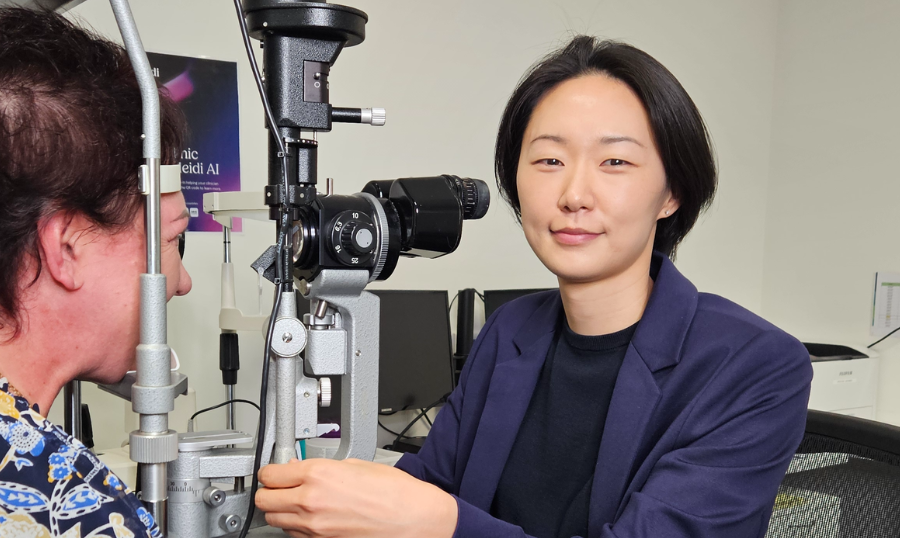Auckland Eye Welcomes Cornea and Anterior Segment Specialist Dr Bia Kim
Auckland Eye is pleased to welcome Dr Bia Kim, a highly trained Cornea and Anterior Segment Specialist, to our team.

As we age, our vision often becomes one of the first areas we notice changes. For many, the idea of laser eye surgery seems appealing, but there’s a common question: “Am I too old for laser eye surgery?” The answer may surprise you. In this blog post, we’ll explore this question and introduce you to an alternative procedure known as Refractive Lens Exchange (RLE) that might be ideal for older adults.
Laser eye surgery, including procedures like SMILE Pro, LASIK and PRK, reshapes the cornea to correct refractive errors such as myopia, hyperopia, and astigmatism. These surgeries are known for their quick recovery times and long-lasting results.
Traditionally, candidates for laser eye surgery are between the ages of 18 and 40, primarily because younger eyes are generally healthier and more stable. There are specific laser options for people struggling with the loss of near sight with age but there are not suitable for everyone.
While there’s no upper age limit for laser eye surgery, certain factors must be considered for older adults:
Eye Health: Conditions such as cataracts, glaucoma, or severe dry eye can affect eligibility. It’s essential to have a comprehensive eye exam to assess the overall health of your eyes.
Vision Stability: Vision tends to fluctuate less after the age of 40. However, presbyopia (age-related farsightedness) becomes a concern, as it can necessitate reading glasses even after laser correction.
Realistic Expectations: Understanding the potential need for reading glasses post-surgery is crucial. While laser eye surgery can correct distance vision, it might not eliminate the need for reading glasses.
For those who may not be ideal candidates for laser eye surgery, especially older adults, Refractive Lens Exchange (RLE) offers a compelling alternative. RLE involves replacing the eye’s natural lens with an artificial intraocular lens (IOL), similar to cataract surgery. This procedure can correct refractive errors and presbyopia, providing clear vision at multiple distances.
Versatility: RLE can correct a wide range of refractive errors, including presbyopia, which laser eye surgery cannot fully address.
Durability: The results of RLE are permanent, and patients typically do not require additional procedures later in life.
Cataract Prevention: Since the natural lens is replaced, there’s no risk of developing cataracts in the future.
RLE is particularly beneficial for individuals over 50, those with presbyopia, or those not suitable for laser eye surgery due to other eye conditions. It provides a long-term solution for vision correction, potentially eliminating the need for glasses or contact lenses altogether.
Find out by taking our Laser Suitability Quiz here: https://www.aucklandeye.co.nz/laser-suitability-quiz/
Age alone is not a disqualifying factor for laser eye surgery, but it does necessitate a thorough evaluation of your eye health and vision needs. For many older adults, Refractive Lens Exchange (RLE) offers an excellent alternative, providing comprehensive vision correction and preventing future cataract development.
If you’re considering vision correction and wondering whether laser eye surgery or RLE is right for you, schedule a consultation with our experienced ophthalmologists today and discover the best solution for your eyes.
Call: 0800 63 93 93 or Email: laser@aucklandeye.co.nz

Auckland Eye is pleased to welcome Dr Bia Kim, a highly trained Cornea and Anterior Segment Specialist, to our team.

Discover how Auckland Eye is redefining inclusive healthcare by launching New Zealand’s first assistive website toolbar.

Macular degeneration is a leading cause of vision loss in older adults. There’s no cure, but its progression can be slowed. Here’s what to know.